How to Prepare Your Amazon Business for Peak Shopping Events

Your consumer purchasing behavior does not stay consistent throughout the year!
From traditional holidays to peak shopping events like Prime Day or Black Friday, customers’ buying patterns fluctuate dramatically over time.
But it’s not just about events!
Psychological factors come into play as well. For example, the “new year resolution” trend brings a wave of customers seeking products that promise a fresh start, a healthier lifestyle, or a complete makeover.
As an Amazon seller, it’s your job to understand these dynamic changes and optimize your marketing activities to get more out of your budget.
Here is a quick peek into the article:
- What Is The Peak Season for Any E-commerce Business?
- What Are The Consumer Purchasing Behavior on Amazon?
- How to Plan Your Amazon Store For The Peak Shopping Season
- Final Thoughts
What Is the Peak Season for Any E-commerce Business?
Seasonality in e-commerce refers to fluctuations in sales velocity throughout the year. Different products may have different peak seasons depending on what you sell, your target audience, and your geography.
Peak Season During the Year
To start with, let’s understand the annual e-commerce sales trends that you can use as levers to uplift your business.
August to December
These are the busiest months for any Amazon seller, as most of the e-commerce sales events fall at this time – giving you many opportunities to boost your sales.
But don’t depend on these sales events alone. Be proactive, and take action beforehand to get the best results during these events.
Let’s dive into some of the sales events during the time:
Prime Day
This gigantic sales event is organized by Amazon every year in August. During Prime Day, Brands on Amazon offer significant discounts and deals to its Prime members on a wide range of products.
In 2023, Prime Day generated a whopping $12 billion in sales worldwide, making it the most successful shopping event in Amazon’s history.
Back-to-School Sales (August – September)
As the new school year approaches, many sellers offer back-to-school sales, providing discounts and coupons on various school supplies, electronics, clothing, and accessories.
Singles’ Day (November 11th)
Started by Alibaba in 2009, Singles’ Day has transformed into one of the world’s largest online shopping events.
Even though it’s not quite popular in the USA, more and more brands started giving exciting offers to shoppers on Single’s Day.
For example, in 2022, Fresh offered 20% off plus free standard shipping for a purchase of $50 or more. Another brand, Levi’s, gave 50% off on beanies and hats starting from $14.99.
Black Friday & Cyber Monday
The Singles’ Day is followed by Black Friday & Cyber Monday. These are back-to-back shopping frenzies where both online and brick-and-mortar stores come together and give massive offers on an extensive range of products.
In 2022 alone, US retail consumers spent a record $9.2 billion on Black Friday, with a 2.3% YoY growth.
January to March
After the holiday season, people usually tend to shop less. So this is an excellent time for sellers to experiment.
Try launching an experimental product or a new advertising campaign, and see how shoppers react.
You can always have the option to run “New Year’s Resolution” offers on selected products to capitalize on the “New Year, New You” rush. This works well, mostly for lifestyle, health, and wellness products.
St. Patrick’s Day and Valentine’s Day are another two events you can focus on during this time.
Launch offers and promotional campaigns on social media during this time to increase brand awareness and capture more sales.
April and May
In April-May, the winter fades away, and spring takes center stage.
The warmer weather drives people to venture into outdoor activities, like gardening, fitness, going to the beach, etc. You can see a surge in customer demand and search volume of these keywords.
With high school and college graduations, Easter, and Mother’s Day, this season also hosts several major festivals, sparking a considerable rise in online purchases.
At this time, focus on selling products like outdoor activity accessories, personalized gifts, tech gadgets, etc.
June and July
The summer vacation season starts in full swing as the temperature soars during June and July. During this time, shoppers actively seek to shop for travel accessories, swimwear, and summer fashion clothes.
Capitalize on this trend by offering lucrative discounts on seasonal items.
Another major event in June is Father’s Day. During this time, promote gift items catering to various interests, such as sports, gadgets, grooming products, and DIY tools.
Peak Shopping Days During The Week
The peak sales time during the week depends on various factors, including industry, target audience, etc.
However, we’ve seen Tuesdays and Thursdays are the busiest days for e-commerce, other than Saturdays and Sundays.
Shoppers often plan their weekend activities during this time and make online purchases accordingly. Additionally, many brands start their weekend promotions on Thursday, leading to increased sales.
Here’s the sales trend from a skincare brand we worked with. You can see that, apart from Saturday and Sunday, Thursday drives the most sales during the weekdays.

Peak Online Shopping Hours
Studies have shown that 46% of shoppers shop online during their breaks and lunchtime.
Another peak shopping window is 4 PM and 7 PM. Customers come back from work and have all the time during that window to browse and shop.
On the other hand, the slowest hours are between 10 PM and 5 AM. This is because people are more likely to sleep during these hours and not actively shopping.
Here’s the hourly sales trend from a skincare brand. You can see that 2 PM to 5 PM sees the highest sales during the day.

What Are The Consumer Purchasing Habits on Amazon?
Along with the peak events, you should also understand the basic purchasing behavior that drives shoppers to make a purchase.
Here are some of the common customer purchasing trends on Amazon:
- Customers tend to rely more on products they are more familiar with when shopping online. For example, a consumer looking for laundry detergent might quickly opt for the brand Tide without considering alternatives.

- Convenience is another key aspect Amazon shoppers look for. Offers like multiple payment options, BNPL, 24/7 customer support, and Prime-exclusive programs like “Try Before You Buy” further enhance shoppers’ convenience and conversation rate.

- 94% of US shoppers read reviews on Amazon before making a purchase. A positive review helps shoppers gain confidence in the products. On the other hand, shoppers look at negative reviews to understand potential issues with them.

- Shoppers buy sooner when FOMO is created in the product listing. For example, displaying “Only 4 left in stock” increases conversion rates by up to 226%.

- 58% of shoppers actively seek offers, coupons, and discounts when purchasing a product.
- 39% of US shoppers prioritize sustainability and support environment-friendly brands. They actively choose products with sustainability credentials, like Climate Pledge Friendly badges, and prefer refurbished and eco-conscious options on Amazon.
As we’ve explored the customer behavior patterns on Amazon, let’s shift our focus to planning your Amazon business for the peak shopping events.
Plan your Amazon Business for Peak Shopping Events
Based on customer behavior, you can break down peak shopping events into three different stages:
- Lead up
- Peak event
- After event
In each stage, you need to create strategies based on how the customer behaves during the period.
Lead Up
During the lead-up to a peak event, shoppers usually operate in browsing mode. They hunt for good deals and put them on the Wishlist.
So, it’s natural to see an increase in click-through rates (CTR) but without conversion rates (low CVR).
A few customers, however, look for early deals. That’s why it’s a good strategy to offer early discounts to get sales at a cheaper CPC rate before the advertising cost shoots up during the peak event.
How to Prepare During The Lead-Up
Preparation during the lead-up is essential to achieve success during the peak event and get early sales. Some points you’ve to think about during the lead-up are:
Choose The Right Product to Sell
Look at your historical sales data and find the best-selling products in your portfolio. Simentinously, look at the category benchmark to understand the sales trend and select products according to it.
Here’s a checklist for an ideal product to sell during a sales event:
- The product should have 3.5 stars or higher ratings and at least 50 reviews
- The product listing should have an optimized title, bullet points, A+ content, and images
- The product should be easily replenishable.
With this checklist, you can identify a product that can give you more returns during peak events.
Optimize Your Product Listings
It gives you the opportunity to increase visibility and effectively increase conversion rate.
Here are some tips to optimize your product listing:
- Optimize listing title and bullet points for better visibility and CTR
- Add high-quality product images with clear backgrounds.
- Incorporate high-converting keywords from competitor research in the backend.
- Add featured videos and A+ content to enhance customer experience.
- Conduct A/B testing to identify the best-performing variations.
Build Social Proof

Most shoppers look at recent reviews to understand the product’s quality. So, before the event, focus on collecting more reviews in your listing.
It also improves your product’s ranking on SERP, boosts customers’ trust, and increases the conversion rate for the product.
Ramp Up Advertising Spend
Set up your advertising campaigns two to three weeks before the peak event. Here are some of the strategies you can apply:
- Bid high on high-converting keywords in your Sponsored Products campaigns to increase share-of-voice and get ahead of the competition.
- As the CPC for high-volume keywords gets too expensive, consider targeting long-tail high-converting keywords to reduce the ACoS.
- Use Sponsored Brands and Sponsored Display campaigns with Amazon DSP in your advertising strategy to reach shoppers on and off Amazon.
Create Product Bundles

Product bundle multiple complementary products and offer them to increase the average order value of your brand. Similarly, run product-target and display to show a more premium version of the same product on the product listing to upsell.
It also enhances the customer experience by saving time and providing a one-click solution to meet their requirements.
Build Buzz With Social Media
Research shows that 61% of shoppers trust recommendations from friends, family, or influencers on social media.
This data highlights the potential of social media and influencers in building brand awareness before peak events.
Collaborate with social medial influencers who resonate with your target audience, and develop content that promotes your brand and products on their channels.
Recommended guide: The Role of Expertise in E-Commerce Social Proof
You can also use Amazon Influencer Program to connect with Amazon influencers who can review and promote your products on Amazon before the peak events.
Besides that, launch various giveaways and UGC campaigns on social media to increase your brand’s reach and build a recall value, improving the conversion rate during the peak event.
Look at the Amazon Prime Day 2023 guide for more valuable insights.
How Does Shopper Behavior Change During the Peak Event?
During the peak event, shoppers start to pour into the marketplaces. Shoppers who have added your product to their cart during the lead-up come to make the final purchasing decision. And who hasn’t decided what to buy yet, browse for good deals.
However, with this increased traffic comes more competition. CPCs shoot up exponentially, and it gets more and more expensive to get visibility for the top of the search placement for high-converting keywords.
How to Prepare During The Peak Event
Some steps you can take during the peak event to maximize revenue are:
- Allocate a significant portion of your budget to Sponsored Products, Sponsored Displays, and Product-Targeted ads to reach more shoppers.
- Bid on low CPC but high-converting branded keywords on Sponsored Product ads to get more conversions.
- Utilize Sponsored Display and DSP ads to retarget shoppers who have previously shown interest in your product. You can use Sponsored Display for brand defense as well on your own product details page.
- If flagship keywords are too expensive, find long-tail keywords to bid on and keep the top position throughout the event.
- Consider running dayparting to maximize RoAS. For example, if you have a fixed ad budget, look at historical sales data, and find high-converting times when your customers shop the most.
Use a tool like SellerApp Dayparting to automatically increase and decrease your ad budget during the most fruitful times and optimize your ROI.
How Consumer Behavior Changes After a Peak Event?
Most shoppers have spent their disposable income during the peak event. So, they tend to be more frugal after that.
During this time, you can see a sharp decline in CPC and listing traffic. However, it can still stay higher than usual two weeks post-event.
Best Practices to Engage Shoppers Post-event
At this time, focus on reselling, upselling, and cross-selling your products with sponsored display retargeting ads.
Target shoppers who have purchased from you during the event with complementary products.
You can also retarget shoppers who have viewed your product but didn’t make a purchase with a coupon code or lightning deal to drive further sales.
However, you can expect the conversion rate to be on the lower side with increased wasted ad spend.
That being said, don’t cut back on your advertising spending a lot. It can have a negative effect on the organic ranking of your listings. Instead, focus on retargeting shoppers who visited your listings during the event using Sponsored Display ads.
After the event, it’s also important to analyze the results during the peak event.
Ask the following questions:
- What was the best-selling product during the peak event?
- Who were your customer demographic?
- What were the purchasing trends you observed?
You can even use SellerApp Report Central to get custom reports based on your requirements to understand different shopping trends during peak events.
Final Thoughts
In the end, optimizing your e-commerce strategy during the three stages of the peak period requires careful research and planning.
You need to understand customer behavior in each stage and adopt an advertising strategy that meets the customer intent.
To prepare for the peak events in 2023, you can take a look at some of the valuable reports we’ve created, such as Amazon Seller Report 2022, Prime Day Report 2024, Black Friday, and Cyber Weekend Report 2021.
And if you want expert assistance to create strategies during peak sales events, the SellerApp PPC agency is here to help.
We have already helped 20,000+ brands create advertising strategies for peak events and generated phenomenal results. And we can do it for you too.
Schedule a call with us today and take your e-commerce business to new heights!
Additional read:
what are the New modules that are available on Amazon A++ content
Differences between Amazon Sponsored Display Ads vs DSP Ads
What Is the RMA Number on Amazon?
What is the Amazon Business Seller Program


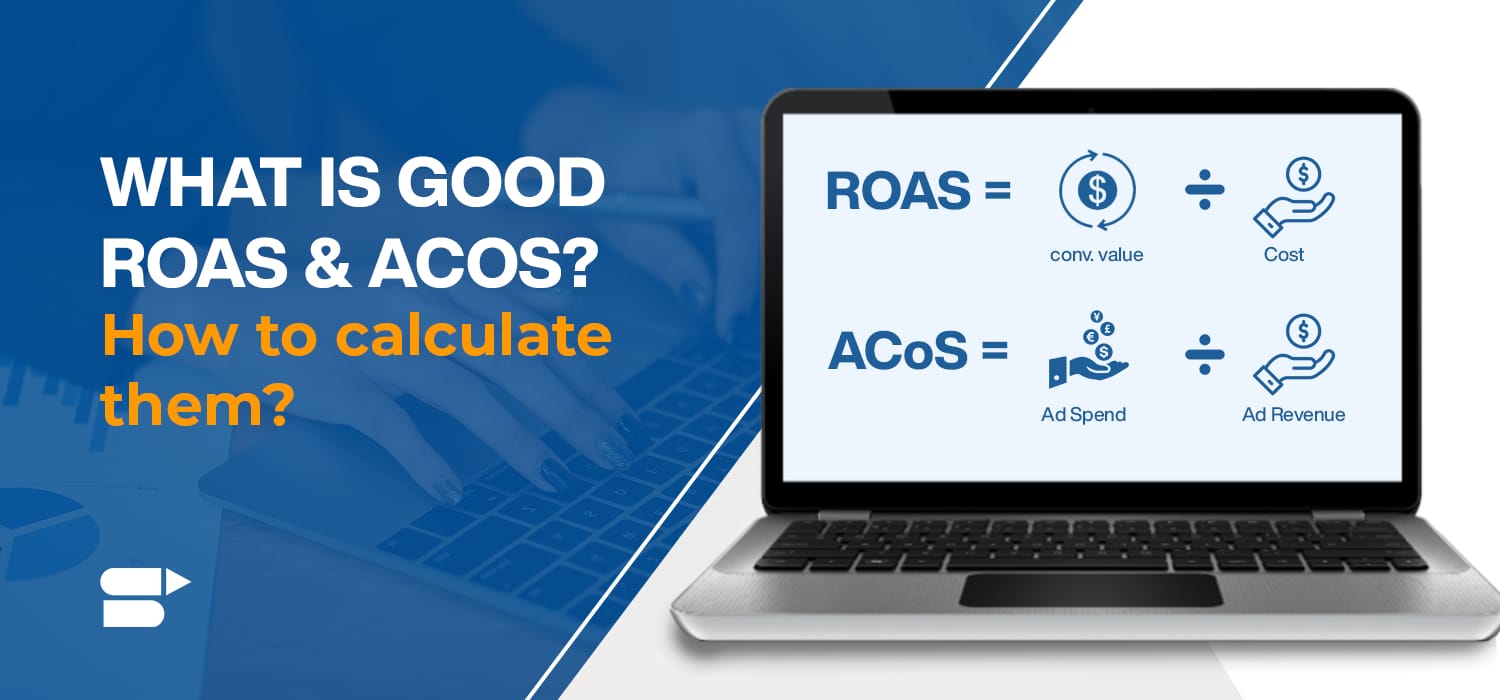
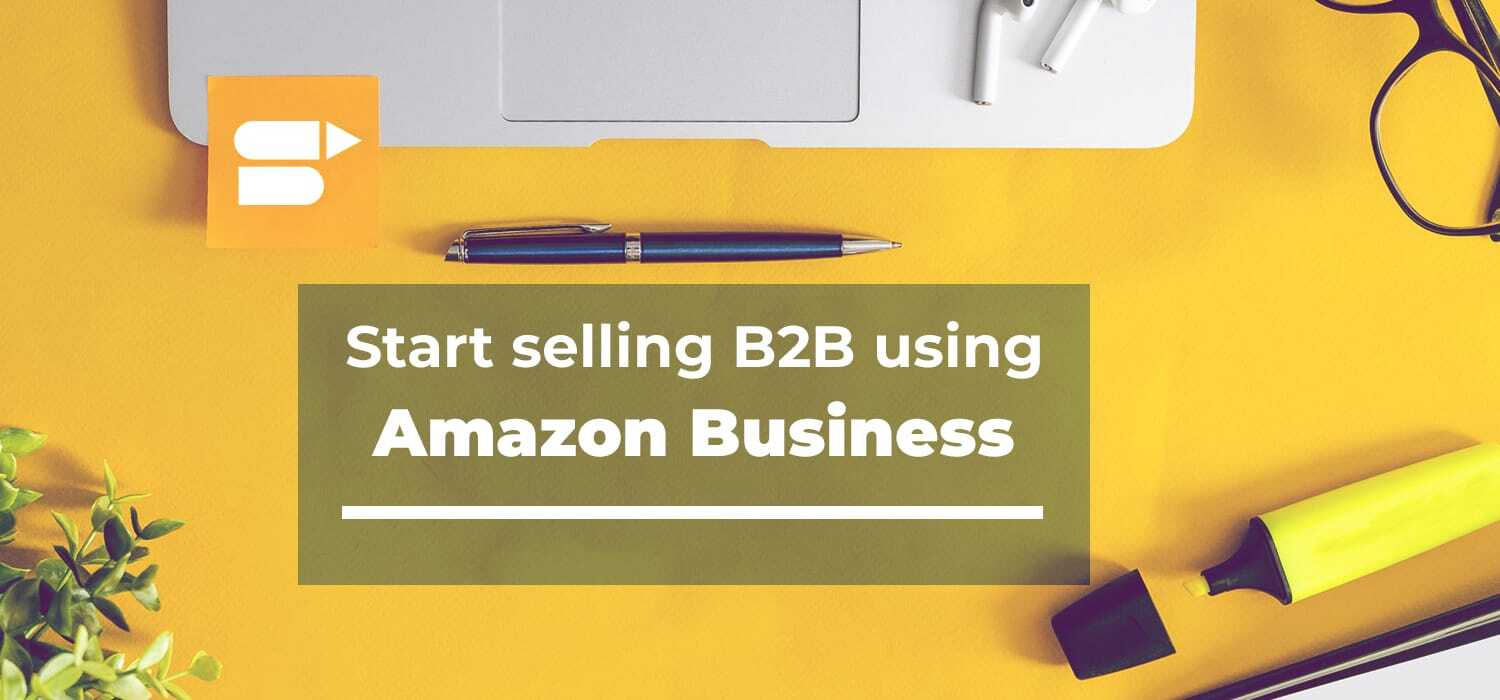
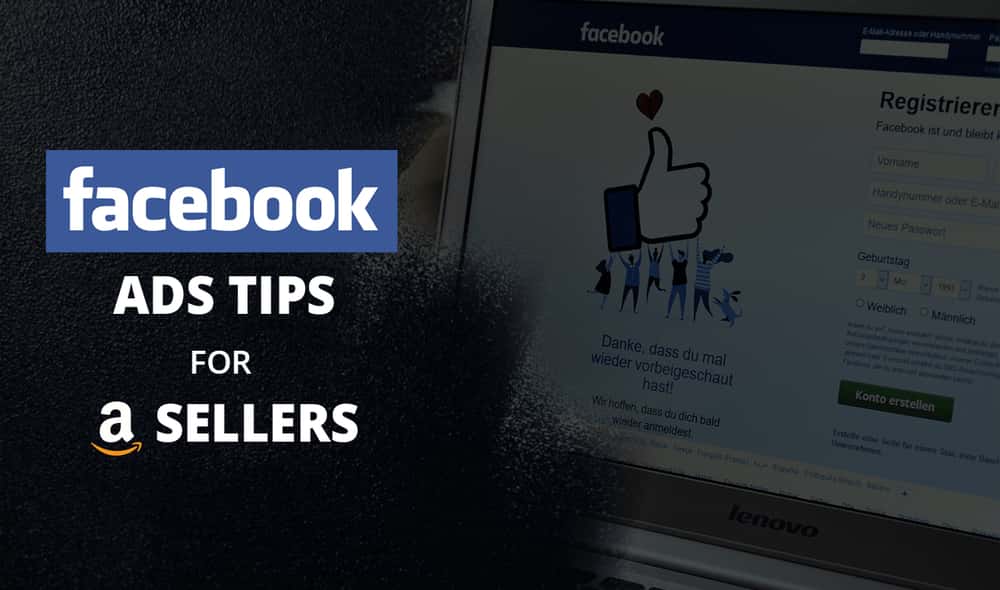
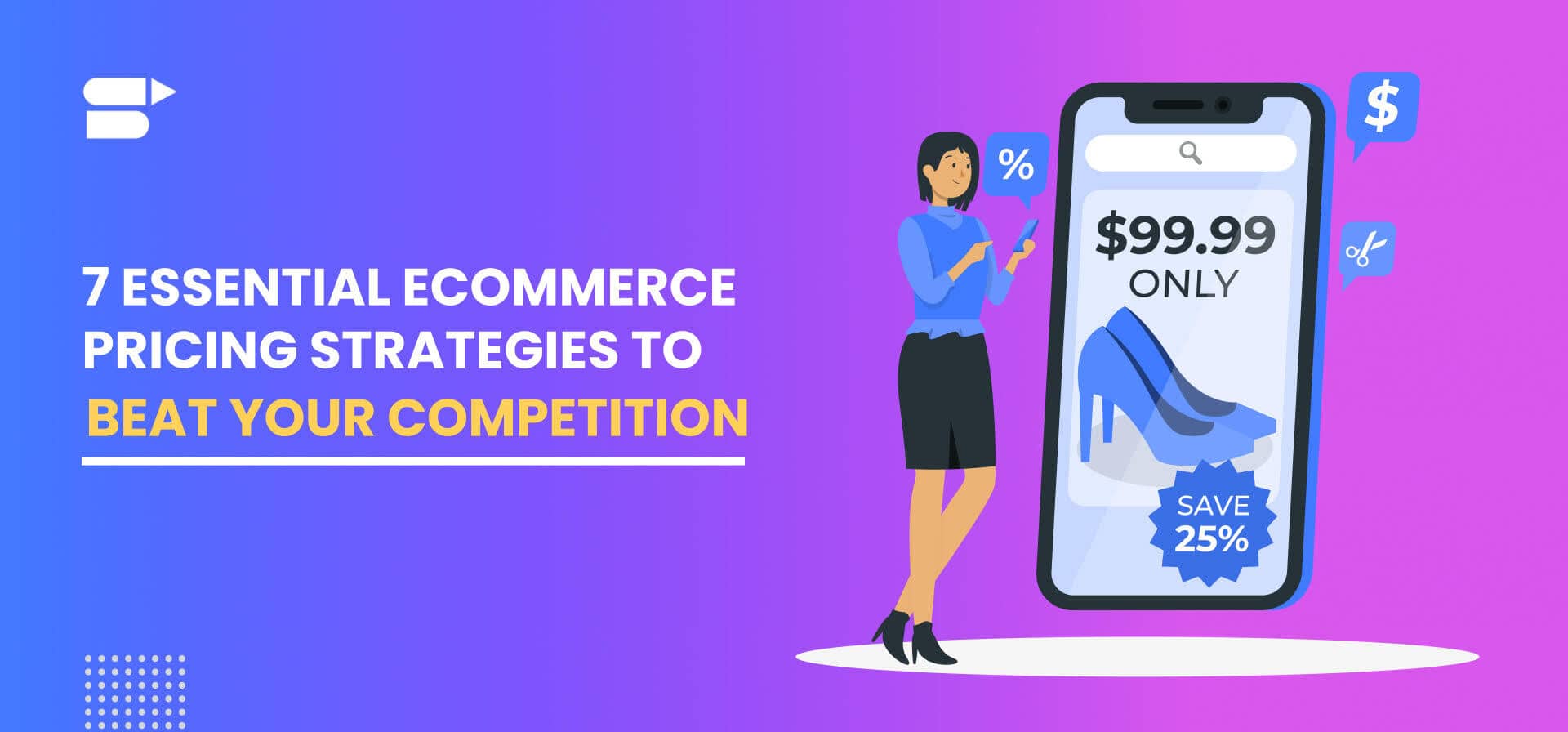
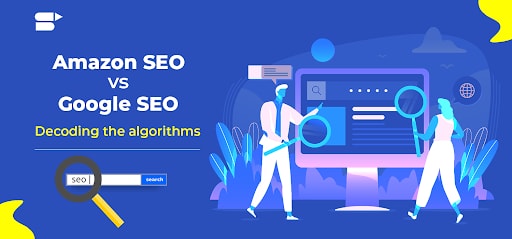
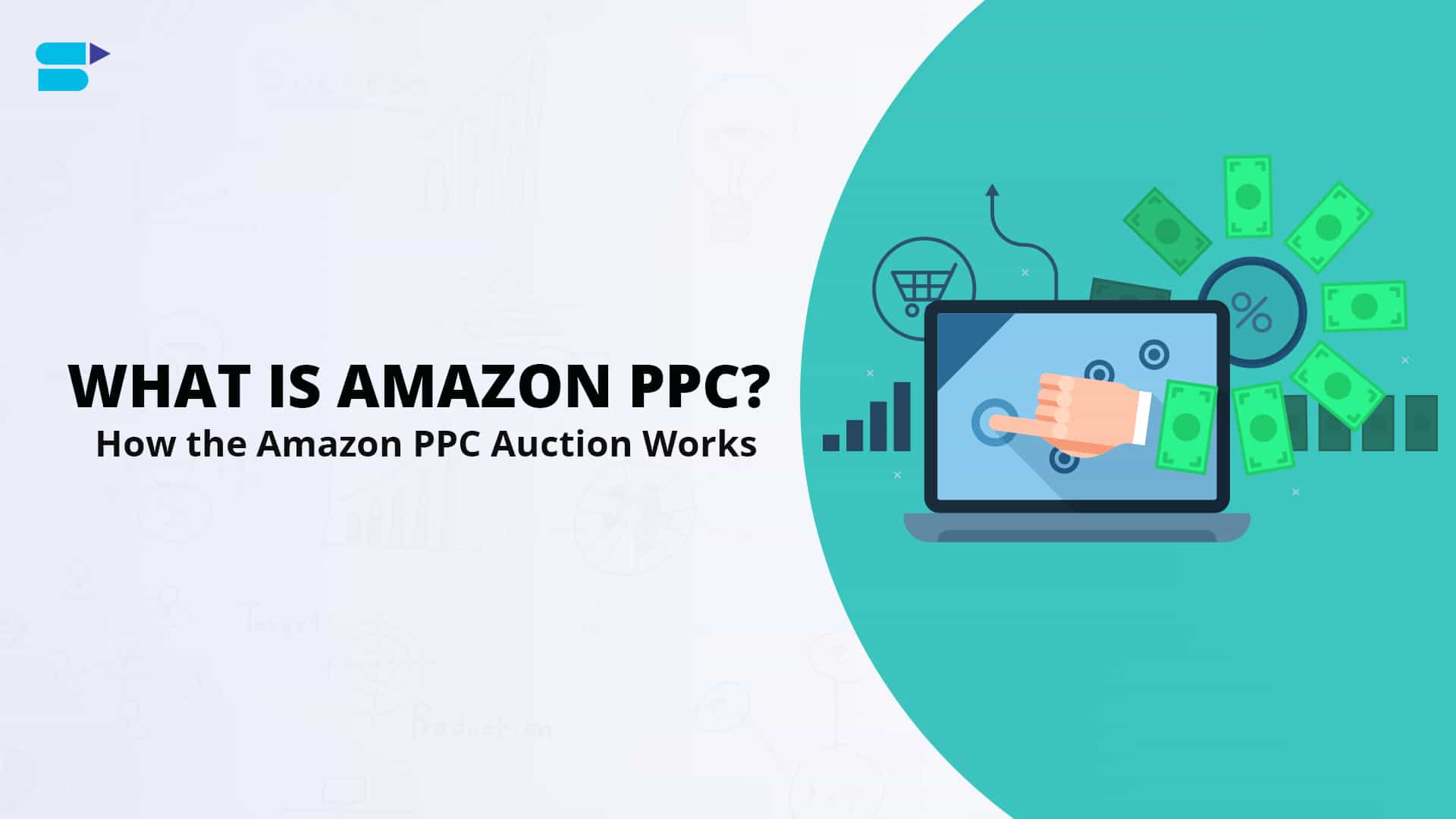
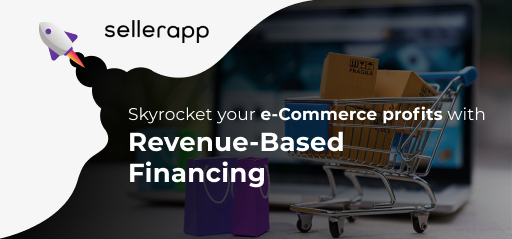
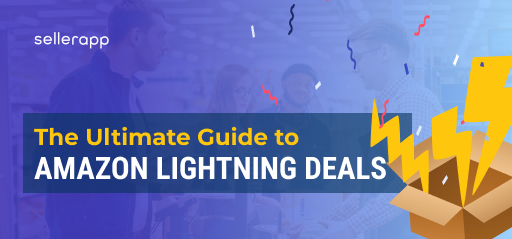
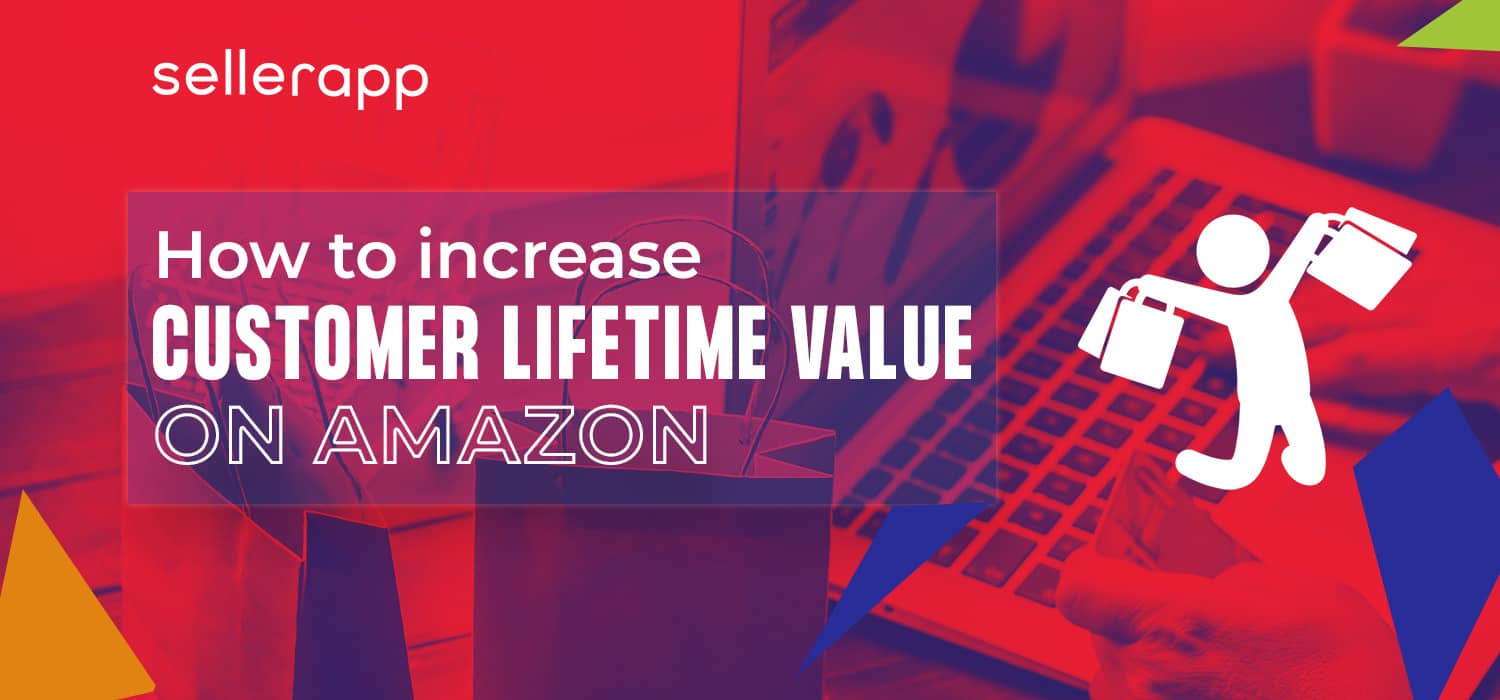
Emily Clark
August 19, 2023Great read! Your quick tips for gearing up an Amazon business for peak shopping events are a game-changer. Time to implement these strategies and boost those sales. Thanks for the concise advice!
Clare Thomas
March 13, 2024Glad you found the tips helpful—wishing you success in implementing them!
Teresa Stone
August 21, 2023Short and sweet advice! Your tips for prepping an Amazon business for peak shopping events are spot on. Ready to tackle the upcoming season with confidence. Thanks for the insights!
Clare Thomas
March 13, 2024Glad you found the tips helpful!
Jackson
September 14, 2023Fantastic tips! Getting my Amazon business ready for peak shopping events just got a whole lot easier. Appreciate the concise and actionable advice!
Clare Thomas
March 13, 2024Thanks you! Glad to hear the tips are helpful for gearing up your Amazon business